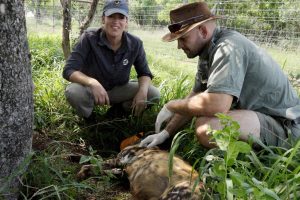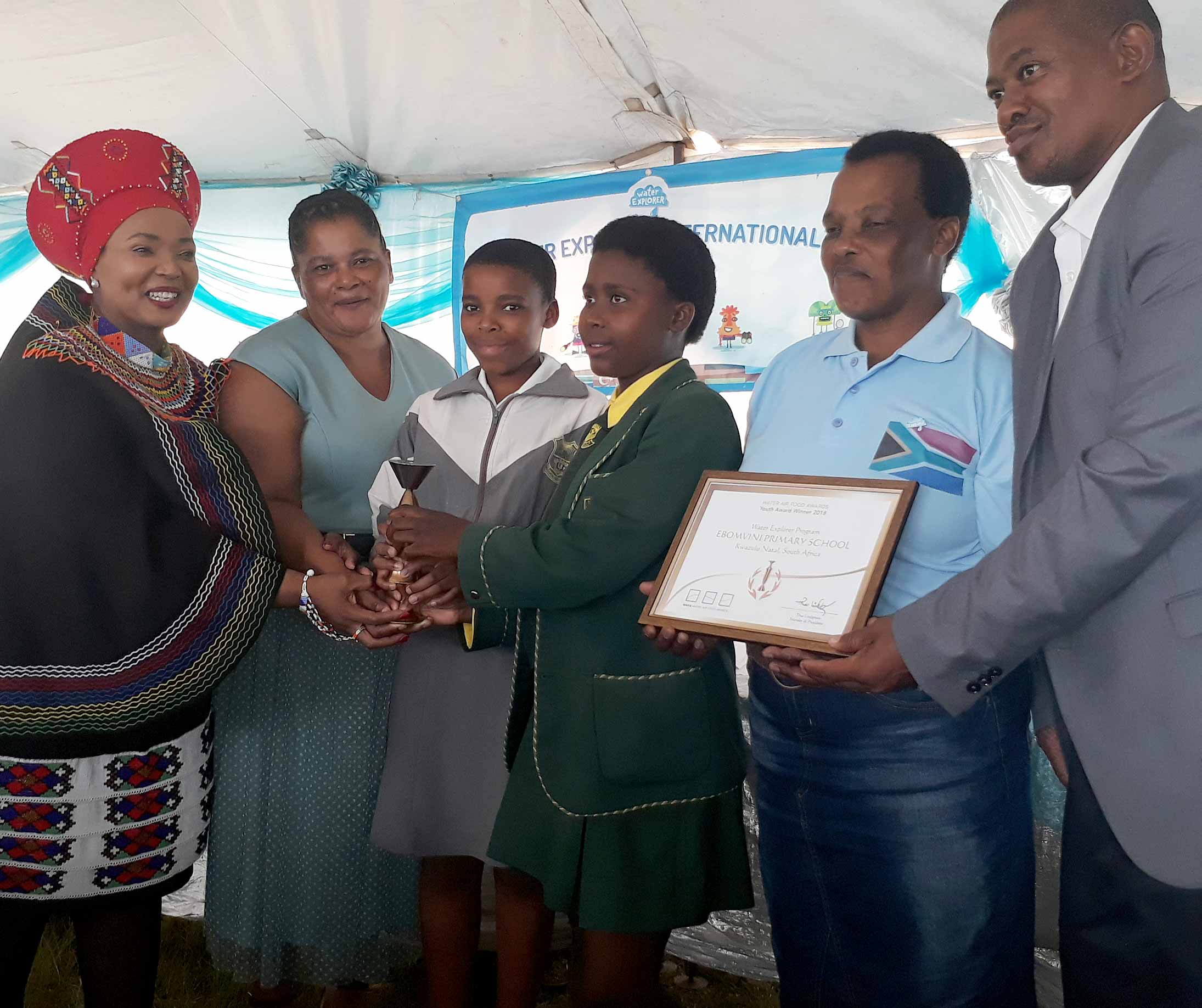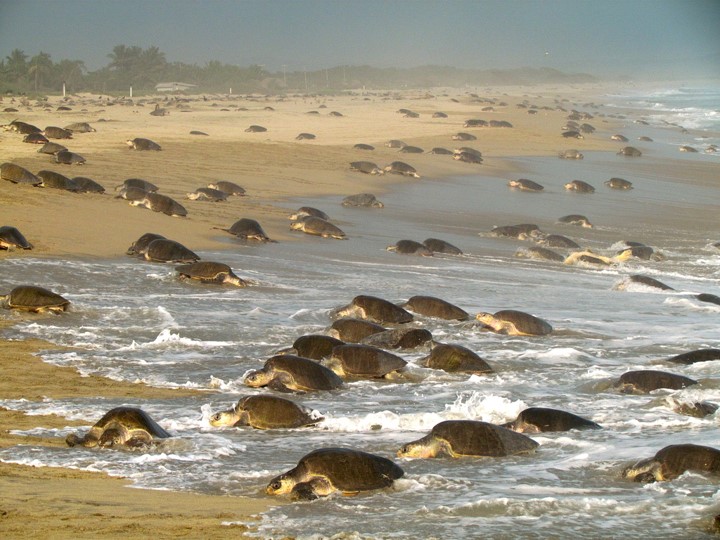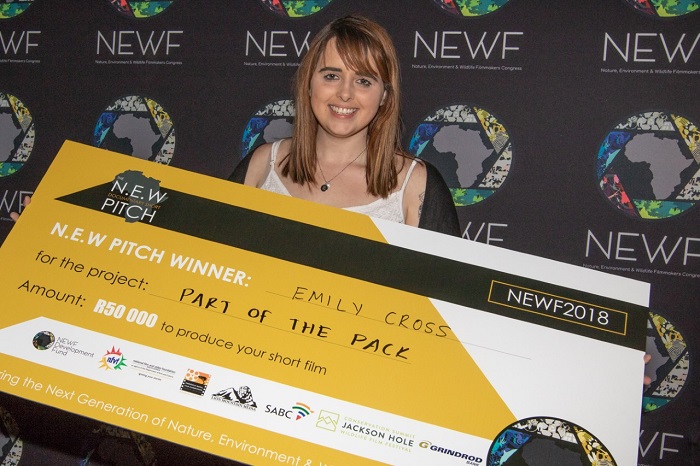A NEW pack of African wild dogs has been introduced to a community owned game reserve in Pongola as part of efforts in KwaZulu-Natal to preserve the endangered species.
Two males were relocated to the Somkhanda Game Reserve from Hluhluwe iMfolozi Park and four females were brought from the Khamab Kalahari Reserve.
After being captured in bomas they were transported to Somkhanda in specially-designed crates, arriving on 10 October.
The operation was part of metapopulation management efforts to improve genetic diversity and establish a more correctly composed pack in the reserve.
“The key to the survival of Africa’s endangered species is ensuring they are reintroduced into well managed protected areas where they can safely roam and strengthen in number,” said Pippa Orpen, who monitors priority species in Somkhanda for conservation organisation, Wildlife ACT.
Somkhanda first reintroduced dogs in 2014 as part of a drive to attract visitors in what has become an increasingly competitive tourism market.
Orpen said establishing the pack was part of a bigger vision being driven by the KZN Wild Dog Advisory Group (WAG).
Outside of the Kruger National Park, South Africa’s Wild Dog population was managed as a single population, with reintroductions and relocations used to maintain genetic diversity, she said.
‘Crucial’
”This is also crucial in preventing overpopulation in smaller reserves,” she said.

The population is managed through reintroductions and relocations to simulate the natural process of dispersal, pack formation and colonisation of new areas.
“Over the past 20 years KZN has made significant contributions to the national wild dog population with parks in the province providing wild space for 12 wild dog packs, contributing to about 25% of the entire national wild dog population,” said Orpen.
There are an estimated total of 617 dogs in the country, with 313 of these in the Kruger National Park and 150 in KZN.
Orpen said the number of packs was in some ways more important than individual numbers as it reflected population success, whereas high litter numbers cause individual numbers to fluctuate rapidly.
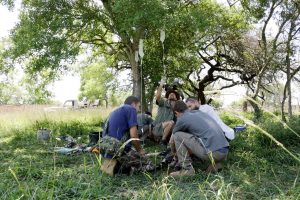

Habitat loss
The species (Lycaon pictus) requires large, well-managed areas with good game numbers for food. But habitat loss, fragmentation, disease and conflict within unfavourable land has decimated wild dog populations across the continent and it was classified endangered by the International Union for Conservation for Nature in 2016.
Several organisations collaborated on the Somkhanda relocation, including the reserve itself through the Emvokweni Community Trust, the Endangered Wildlife Trust, Wildlife ACT, Ezemvelo KZN Wildlife, Wildlands, a programme of the Wildtrust and Khamab Kalahari Reserve.
“This is truly a WAG collaboration at its best”, said Cole du Plessis, national wild dog metapopulation coordinator for the Endangered Wildlife Trust. — Roving Reporters
